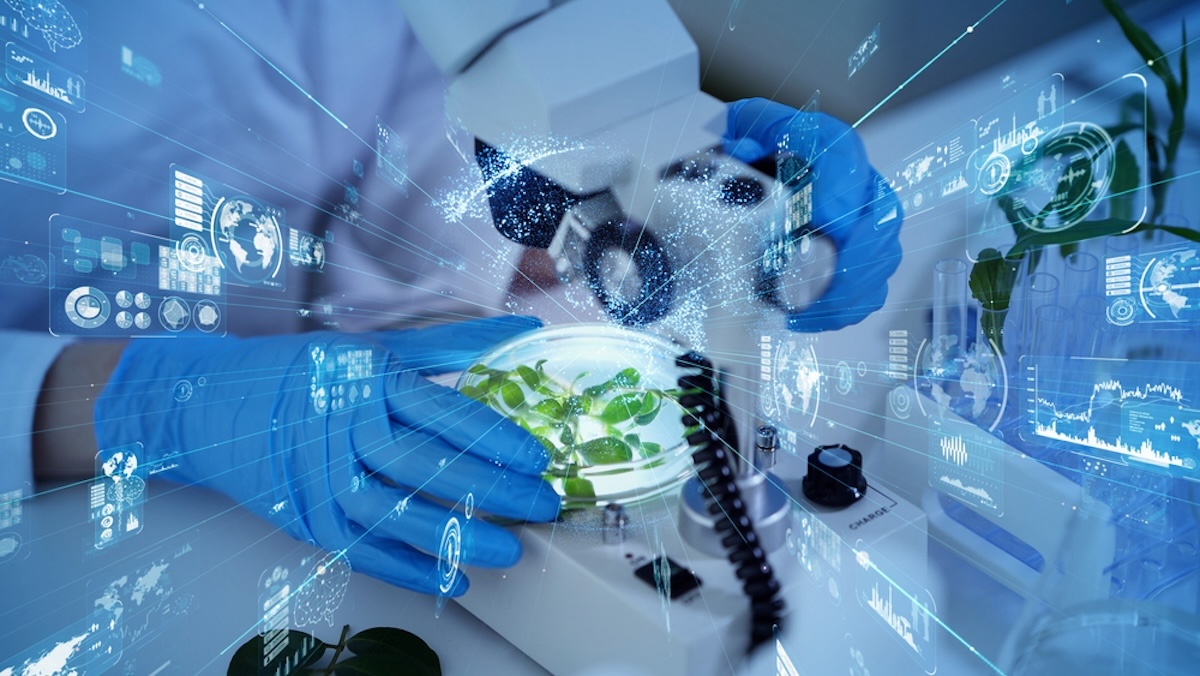 Wednesday 2 July | 15:00–17:00 CEST | Online workshop from Testbiotech
Wednesday 2 July | 15:00–17:00 CEST | Online workshop from Testbiotech
There is broad agreement among experts that advancements in Artificial Intelligence (AI) and genetic engineering can result in risks for health and biosecurity. A wide range of users, including malicious actors, will be enabled to engineer biology and generate new pathogens, toxins, or other outputs that could be weaponised.
At the same time, possible biosafety issues often slip under the radar. These include applications in plants and animals that may, even though well-intentioned, result in substantial risks for nature and the environment.
Why this matters for policymakers now
Ongoing trilogue negotiations on new GM techniques (new genomic techniques, NGTs) applied to plants could exempt the huge majority of these plants from risk assessment. AI could make it even easier to circumvent the Commission's ‘magic threshold’ of 20 genetic changes, underneath which NGT plants would be considered safer than other genetically engineered plants. When taking their decision on this far-reaching deregulation, policymakers must take risks for environment, biodiversity and health into account.
A Testbiotech workshop will zoom in on some biosafety issues, including
* an overview on AI applications in the field of genetically engineering of plants;
* a detailed example of an NGT plant, designed with the help of an AI chatbot, with plausible risks for biosafety, but which may escape risk assessment under planned EU regulations;
* NGT and AI applications that interfere with the gene regulation of plants and animals;
* an analysis of how the European Commission’s proposal to deregulate NGT plants ignores fundamental genetic principles and statistic probabilities.
Speakers
* Franziska Achterberg, Head of Policy and Advocacy – SOS Save Our Seeds: When chatbots breed new varieties. Artificial intelligence and genetic engineering
* Dr Matthias Juhas, Research associate – Testbiotech: Designing the genetic blueprint of an insecticidal NGT-1 maize
* Dr Christoph Then, Executive director – Testbiotech: Technical tuning of plants and animals via new genomic techniques and artificial intelligence
* Dr Juliane Mundorf, Researcher – German Federal Agency for Nature Conservation: The European Commission’s Regulatory Proposal on New Genomic Techniques in Plants: A Spotlight on Equivalence, Complexity, and Artificial Intelligence
Moderation: Astrid Österreicher, Policy advisor – Testbiotech
English-German interpretation will be available.
Please register with astrid.oesterreicher[AT]testbiotech.org










